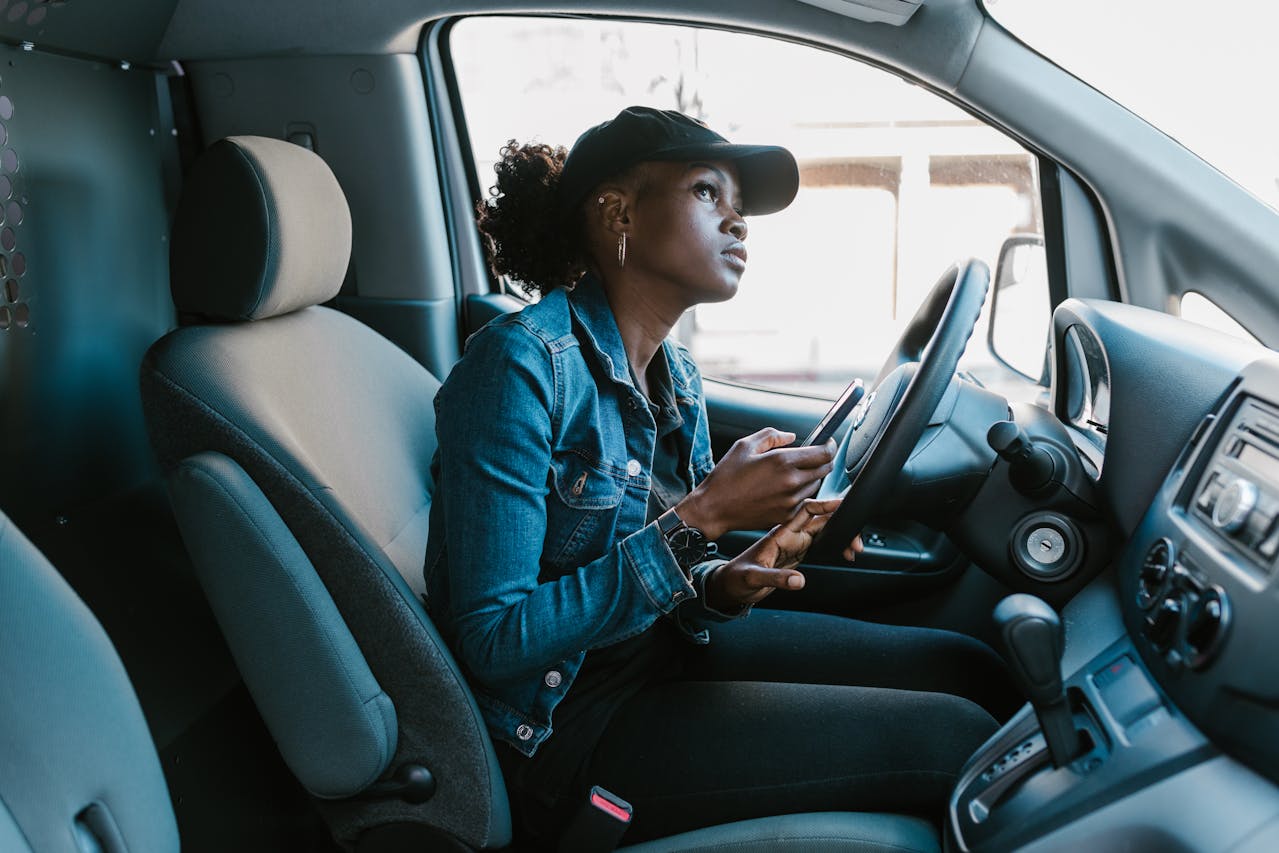HerRyde: A Post-Mortem

Rejoice Anodo
August 2, 2025

Monsurah Alli-Oluwafuyi, Muhammad Muazu and Kamaldeen Ibrahim founded HerRyde as a ride-hailing company for women in 2022. Women’s unsafe ride experiences inspired the idea in Abuja, Nigeria’s capital.
HerRyde’s Business Model
The startup, headquartered in Abuja, employed only female drivers on a commission basis. These drivers served female passengers, who booked rides through the HerRyde mobile app. The app had customer-friendly features, including real-time tracking, trip sharing, SOS buttons, offline bookings, and fare estimates. The HerRyde drivers used a separate driver app to receive ride requests and view their earnings.
HerRyde’s team arranged these rides exclusively to ensure women’s safety in Abuja. The female drivers also faced discrimination in their line of work, especially from men. This created an efficient transport service: passengers rode free of harassment, and the drivers earned fair commissions without workplace discrimination.
According to Reuters, HerRyde had 10 registered drivers and over 500 successful trips after their first month in business. Their ride fares were reportedly lower than Uber and Bolt’s pricing. The team chose Abuja as its debut spot because it faced fewer regulatory hurdles to scale, providing an overall low-barrier entry into the mobility sector.
HerRyde’s Accomplishments
During their time in business, the company built a registry of 200 female drivers and completed 2,000 trips. Based on an exclusive report, the team had a waitlist of 300 unregistered drivers, with planned expansions to Kano, Lagos, and Ibadan.
Their unique business strategy got recognition from local and international outlets like the World Economic Forum, Reuters, and CIO Africa. Monsurah Oluwafuyi shared that their company received support from UN Women, the U.S. Embassy, Aurora Tech Awards, Sterling Bank, Ascend Studios, and others.
Why did HerRyde Shut Down?
In October 2023, HerRyde entered hibernation. They cut off user access to the website and mobile app. Monsurah assured customers that the service disruption was temporary (Condia’s report). Until then, HerRyde was a bootstrapped startup, with no external partners or funding.
The report included Monsurah’s thoughts about their plans for profitability, which included seeking funding to scale operations. She explicitly noted that the hibernation was to “improve our system and make more money”. Further proof of their return plans included maintaining their network of drivers and engaging with investors.
In May 2024, Monsurah resigned from her position as CEO. Her farewell message on LinkedIn explained the inspiration behind HerRyde’s establishment, the challenges they faced as a business, the milestones they achieved, and their hopes for the future. With this, she insinuated HerRyde would eventually reopen its doors for business without her as lead.
Key Takeaways
As Nigeria’s first women-only ride-hailing app, HerRyde solved a persistent problem in Nigeria’s logistics sector. Many women have faced unpleasant scenarios in male-driven rides, and thus, they directly tackled a safety concern.
Their market approach was innovative, and it aligned with their mission. Building an only-female platform that prioritised safety measures, coupled with fair pricing (both for passengers and drivers), was very impactful, especially for a bootstrapped startup.
Although the specific reasons for HerRyde’s shutdown remain unclear, the startup had visible loopholes that impeded growth. They were undercapitalised for business in a hyper-competitive sector, which had major players like Bolt, InDrive and Uber. Many other startups have folded due to this reason. Notable examples include Hytch and Oga Taxi.
HerRyde’s mission was niche-specific, and as such, a sudden growth spurt was not the only requirement for continued scalability. A longer market presence was needed to build a steady customer base. Their sudden pause in operations stalled this occurrence.
HerRyde’s experience stirs up questions about how social-impact startups should receive support. Should startups like these seek support from the government, especially when solving gender-specific issues? Is venture capital the right funding method for every startup?
HerRyde did not fail because their business idea was bad. It paused because Nigeria’s startup ecosystem was not built to sustain its gradual growth without external funding and support. With better funding, partnerships, and even government support, HerRyde stands a chance to compete fairly in Nigeria’s mobility sector.
Your next read: Jumia Food: A Post-Mortem


